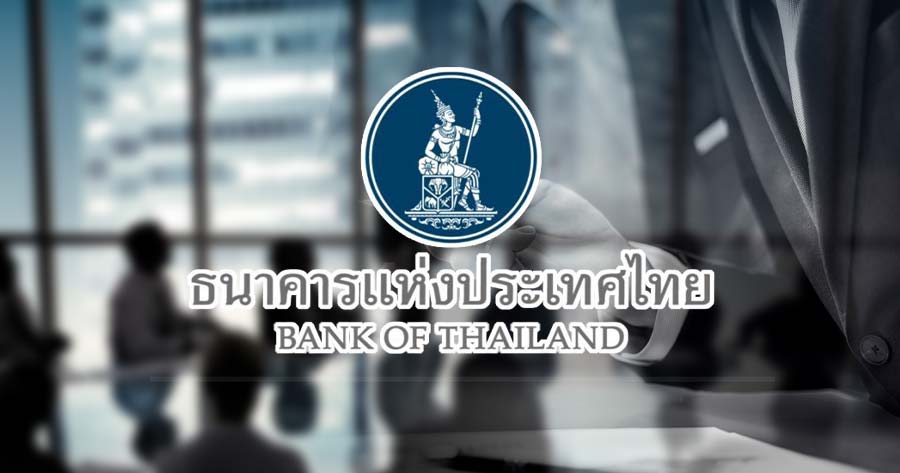The Bank of Thailand (BOT) expressed its stance on keeping the current inflation target range of 1% to 3% unchanged, asserting that it has been effective and does not warrant modification.
The Deputy Governor of BOT, Piti Disyatat, emphasized that there is no need for adjustment given the low and stable inflation, dispelling any concerns of deflation. Despite recent disagreements with the government over interest rate cuts, Piti remains optimistic for a constructive discussion on the inflation target during the upcoming meeting between the central bank and the finance ministry. Addressing the conflict speculations, Piti clarified that BOT is not in a dispute with any party.
In response to Finance Minister Pichai Chunhavajira’s call for a higher inflation target to stimulate economic growth, Piti highlighted the potential implications on inflation expectations, bond yields, and financing for both the private sector and the government.
The deputy governor of Thai central bank affirmed that the recent interest rate cut was a one-time adjustment rather than the beginning of a series of rate reductions, with the aim to alleviate borrowers’ debt burden without compromising the deleveraging process. The central bank maintains a neutral policy stance, ready to adapt its strategies in accordance with evolving macroeconomic conditions.
Anticipated data suggests that Thailand’s economy is forecasted to witness a growth of 2.7% to 2.8% in the third quarter of 2024, reflecting an improvement from the previous quarter. Despite revising the GDP growth forecast for 2024 upward, the outlook for 2025 has been slightly revised downwards. Piti underscored that the Thai baht’s alignment with economic fundamentals would be maintained, with interventions limited to curbing excessive currency volatility.
Additionally, he foresaw heightened trade tensions with China post the U.S. elections, presenting potential challenges for Thailand along with increased financial market volatility.





